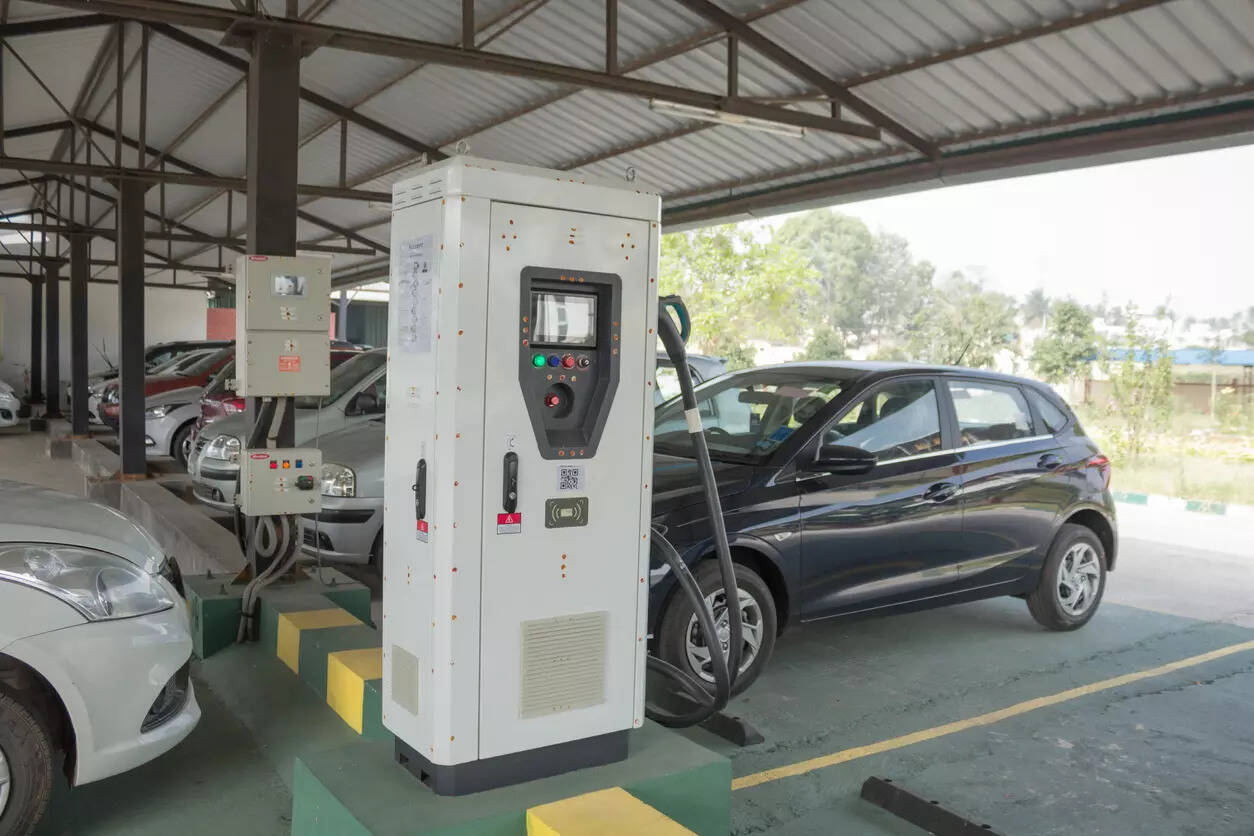
Punjab’s progress in adopting greener and non-polluting vehicles has been sluggish despite the state government’s push for electric vehicles (EV) to contribute to 25% of all vehicle sales by 2027. The proportion of EVs among the total registered vehicles in the state is over three times less than the national average.
The central government has set an ambitious target of 30% EV penetration by 2030.
Punjab, being one of the most urbanised states in the country, is facing the challenge of deteriorating air quality, primarily caused by vehicular emissions. Among the contributing factors, almost half of the vehicular emissions in Punjab emanate from five major cities – Ludhiana, Jalandhar, Patiala, Amritsar and Bathinda. Additionally, due to its location as part of the tricity region, Mohali experiences significant inter-state vehicle movement. The most emitting vehicle segments in these cities include buses, taxis, three-wheelers and two-wheelers.
An analysis of centralised Vahan 4 data as of July 15 reveals that there are only 34,162 EVs in Punjab, accounting for just 0.26% of the total 1,31,75,075 registered vehicles. At the national level, 27,44,019 vehicles out of the total registered 34,00,08,524 (0.81%) are EVs. Among states, Delhi leads with the highest proportion of EVs, with 2,29,305 out of 84,57,200 total registered vehicles, making up 2.71% of the registered vehicles. Assam follows with 2.16% EVs, then Tripura with 2.02% and Uttar Pradesh with 1.27%.
The neighbouring state of Haryana has 67,812 EVs out of 1,20,92,054 (0.56%) registered vehicles. There are only about 130 public EV charging stations (PCS) in Punjab, while Haryana has 232. The national capital has the most number of 1,845 charging stations while Karnataka has 704 and Maharashtra has 660. On national highways across the country, there are only 419 charging states.
The Punjab government came up with the Punjab Electric Vehicle Policy earlier this year, in which a wide range of financial incentives have been offered. Through this policy, the government not only intends to check vehicular emissions but is also keen on supporting development and manufacturing of EVs, their components, and batteries within the state. By doing so, it aims to bolster the local economy, create job opportunities in the EV sector and boost research and development efforts related to electric mobility. Despite repeated attempts, Punjab transport minister Laljit Singh Bhullar was not available for comments.

